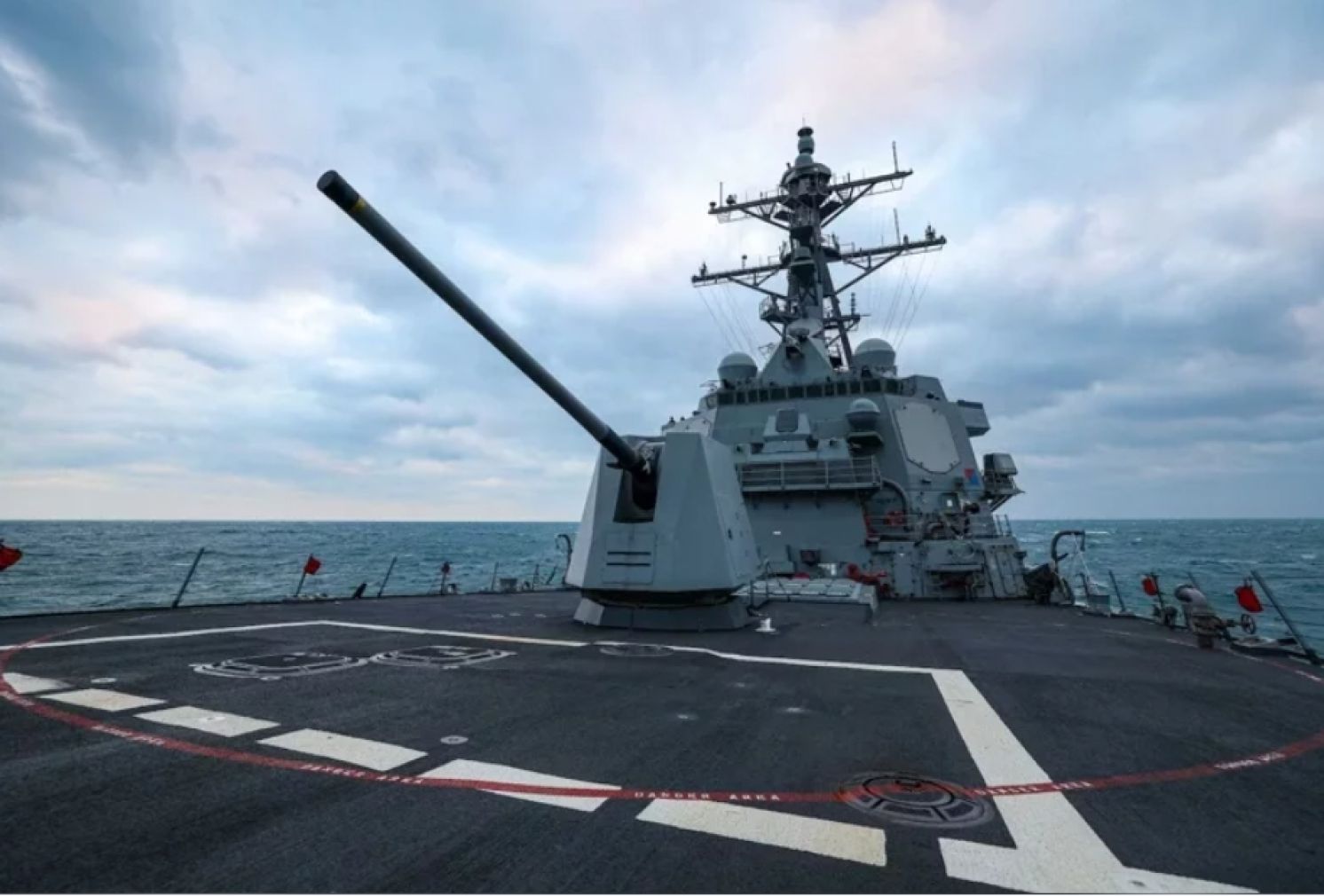
The Week in Taiwan 0121-0127
January 20: Mainland China's Ministry of Commerce recently stated that it will look into further suspending tariff reductions for agricultural and seafood products in the early harvest list of the cross-strait Economic Cooperation Framework Agreement (ECFA). The People's Political Consultative Daily, an official newspaper, quoted sources indicating that in the future, 34 zero-tariff agricultural and seafood products, including betel nuts and hairtail fish, may lose tariff preferences.
January 20: Military news website "Defense One" and Voice of America (VOA) reported that Admiral John Aquilino, commander of the U.S. Indo-Pacific Command, alleged in a speech at the Pacific Forum in Honolulu, Hawaii, that due to the results of Taiwan's presidential election, China may in the near future demonstrate its military force towards Taiwan. The United States is observing post-election developments.
January 22: The Taiwan Semiconductor Manufacturing Company (TSMC) plans to build a 1-nanometer fab in the science park in Chiayi County, with an investment of more than NT$1 trillion (about US$32 billion). Insiders revealed that TSMC has requested 100 hectares of land to the Southern Taiwan Science Park Bureau, National Science and Technology Commission. Among the 100 hectares, 40 will be used for advanced packaging, and the remaining 60 will be used as a 1-nanometer plant site. TSMC stated that there are many considerations for site selection. The company regards Taiwan as its main base but does not rule out other possibilities.
January 22: The Ministry of Economic Affairs (MOEA) announced that the value of total export orders in December last year was US$43.81 billion, a year-on-year decrease of 16 percent; Taiwan's trade performance fell below market expectations. The MOEA predicts that export orders in January will continue to decline and fall below US$40 billion; the expected reduction may reach 20 percent. According to the MOEA, it is difficult to be optimistic about orders in the first quarter.
January 24: American military vessel USS John Finn passed through the Taiwan Strait not only for the first time after Taiwan's elections but also for the first time this year. The United States stated that the vessel's passage through the Taiwan Strait demonstrates its commitment to maintaining freedom of navigation for all countries. The Ministry of Foreign Affairs welcomed continued free navigation by international friends in the Taiwan Strait.
January 24: Sanlih Television (SET) violated media monopoly regulations by acquiring a 27 percent stake in Homeplus Digital Company. The controversy has been brewing since last year, and the National Communications Commission (NCC) finally took action by requiring the company to sell its shares within a limited time and imposing a fine of NT$14.4 million (about US$459,000) against Homeplus Digital. However, SET, the buyer, was not penalized. Opposition lawmakers criticized the NCC for favoring SET.
Regarding Mirror TV, which has been violating its operations plan by producing political commentary shows during election seasons since 2010, the NCC only issued a statement after the election demanding improvement, giving a warning without imposing a fine.
January 25: Four years ago, CTV News was fined NT$500,000 by the NCC for causing public panic with its commentary on coronavirus (COVID-19) transmission within the Navy. The court ruled that the NCC did not treat political speech with due diligence, and that political speech is protected by the Constitution. The Supreme Administrative Court ruled that the NCC lost the case. The NCC's punishment of the television station has led to 11 consecutive administrative lawsuit losses.
January 27: Tuvalu, one of Taiwan's diplomatic allies, held a national election. Current Prime Minister Kausea Natano, who is pro-Taiwan, lost the election for parliament, while current Minister of Finance Seve Paeniu will run for prime minister. Tuvalu may switch its diplomatic recognition in Beijing. Paeniu had recently stated that the new government in Tuvalu should re-examine diplomatic relations and determine whether Taiwan or China can better meet Tuvalu's needs.